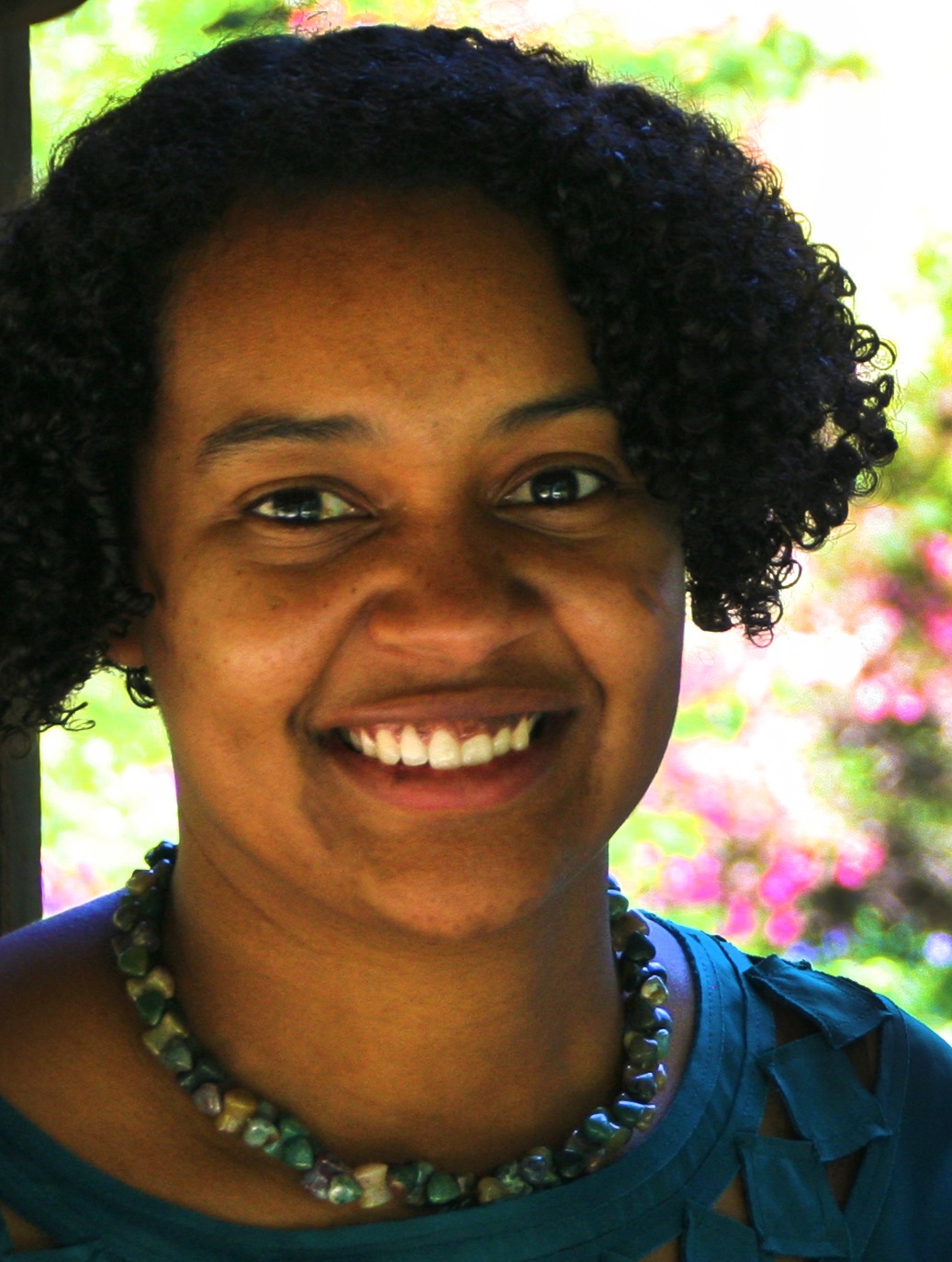Leadership Spotlight: Jessica Heard, NCTR


A Leadership Style Guided by Black Scholars
Jessica Grady Heard has over 19 years of experience as an educator, non-profit leader, and school district administrator. As NCTR’s Chief of Equity and Inclusion, she is an advisor for a national initiative to attract, prepare, and empower Black teacher residents. Additionally, she leads internal diversity, equity, and inclusion efforts for NCTR staff. Prior to joining NCTR, Jessica worked in District of Columbia Public Schools as the Deputy Chief of Equity and Deputy Chief of Talent Acquisition and Retention. Previously, she led TNTP’s DC Teaching Fellows site. Earlier in her career, Jessica led out-of-school time programs with Breakthrough Collaborative, KIPP DC, and the Urban Alliance Foundation. She began her career teaching in the autism program at the Ivymount School. Jessica holds a B.A. in Psychology from Grinnell College and an Executive Master’s in Leadership from Georgetown University. She is based in Washington, DC.
What brought you to your current leadership position at NCTR?
I consider education to be social justice work, and since college I’ve always been active in community groups that promote collective liberation and intersectionality. But I noticed that in my professional education sector positions, as a Black queer woman, I didn’t necessarily feel I could be my full self or openly share my social justice convictions, despite the professed values and stated missions of organizations that predominately served communities of color. Yet, when I volunteered to support a race and equity seminar series run by the Office of Human Capital at DCPS several years ago, I realized I had a lot to offer in terms of leadership for racial equity in the workplace, particularly coupled with my expertise in talent management. This voluntary workplace leadership eventually led to a full time equity role at DCPS before joining NCTR to continue leading racial equity initiatives.
As a Black woman, what obstacles have you overcome in your career?
Earlier in my career, the way I ascended into management and leadership was through assimilation. While I would like to say it was unwittingly, it was actually ingrained in me as an intentional strategy for upward mobility that I had been enacting so long I did not question it. Yet, once I moved into racial equity leadership roles, I routinely found myself coaching colleagues of color to reflect on how our advancement was predicated upon demonstrating competency in white dominant culture, all while we were relentlessly on the receiving end of racism. In other words, as I advanced in my career I became more keenly aware of the myth of respectability politics and the degree to which my uninterrogated participation in them had not protected me from discrimination, but did hinder my efficacy as a change agent and also posed harm to my colleagues and students of color. Ibram Kendi’s writing about the distinctions between segregationist, assimilationist, and anti-racist beliefs and behaviors offers a wonderful guide for being more attuned here. I am still unlearning my own internalized white dominant culture and the miseducation about my own people, our history, and our worth I experienced in school.
I had to ask myself, as a leader, where am I assimilating? Where am I resisting? I realized I wasn’t resisting in as many places as I imagined. This dynamic was conditioned very early for me. I was labeled gifted and talented in elementary school, separated from my peers of color, told I was exceptional for performing in dominant culture, and essentially given the message that Black excellence meant diverting my attention from seemingly immovable systemic challenges and instead focusing primarily on my individual perseverance. I had to unpack all of that and shift my way of thinking and leading, and notice where I was perpetuating rather than disrupting harmful leadership practices that served to marginalize (and if I’m being honest – penalize) other staff and students of color who did not assimilate to the same degree.
How do you take care of yourself, in order to be an effective leader?
I have many inspirations that have helped me persist through added and palpable resistance, as I began to speak out as an advocate for racial equity in the workplace. I made sure to build authentic relationships through networking with others doing similar work. I’ve also derived a tremendous amount of knowledge from scholars and leaders that have come before me: James Baldwin, Bayard Rustin, Audre Lorde, June Jordan, Bell Hooks, Gloria Ladson Billings, and Beverly Daniel Tatum among many others. When I draw upon Black intellectual leaders from a variety of eras, it helps me know the struggles I am going through aren’t unique or new. And I’m particularly appreciative of the groundswell of voices promoting self-care for Black women, fostering anti-racist mindfulness practices, and breaking the stigma of accessing mental health supports to heal intergenerational trauma. In leading racial equity work, I have found that being grounded in nature also helps me—a walk in the woods, or on waterfronts—as well as deepening my spiritual beliefs.
What advice would you offer a mentee coming up after you?
Really lean into relationship building. Many mentors I’ve had have been informal yet profound, and this impact happened largely because of my outreach and request. Networking with multiple people lightens mentors’ load and expands your network.
Speak up for yourself in personal and professional environments. And align yourself with leaders who authentically share their knowledge and skills; never be shy about asking for help or insight at work or in life.
Most importantly, prioritize your health, wellbeing, and affirmation. Leading racial equity work is an extremely difficult undertaking. so it is essential to establish a community of care and sources of inspiration to sustain you.
